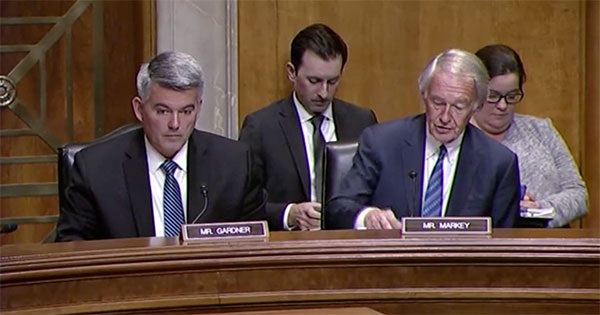
U.S. Senate
See Full Big Line
(D) J. Hickenlooper*
(R) Somebody
80%
20%

Governor
See Full Big Line
(D) Joe Neguse
(D) Phil Weiser
(D) Jena Griswold
60%
60%
40%↓

Att. General
See Full Big Line
(D) M. Dougherty
(D) Alexis King
(D) Brian Mason
40%
40%
30%

Sec. of State
See Full Big Line
(D) George Stern
(D) A. Gonzalez
(R) Sheri Davis
40%
40%
30%

State Treasurer
See Full Big Line
(D) Brianna Titone
(R) Kevin Grantham
(D) Jerry DiTullio
60%
30%
20%

CO-01 (Denver)
See Full Big Line
(D) Diana DeGette*
(R) Somebody
90%
2%

CO-02 (Boulder-ish)
See Full Big Line
(D) Joe Neguse*
(R) Somebody
90%
2%

CO-03 (West & Southern CO)
See Full Big Line
(R) Jeff Hurd*
(D) Somebody
80%
40%

CO-04 (Northeast-ish Colorado)
See Full Big Line
(R) Lauren Boebert*
(D) Somebody
90%
10%

CO-05 (Colorado Springs)
See Full Big Line
(R) Jeff Crank*
(D) Somebody
80%
20%

CO-06 (Aurora)
See Full Big Line
(D) Jason Crow*
(R) Somebody
90%
10%

CO-07 (Jefferson County)
See Full Big Line
(D) B. Pettersen*
(R) Somebody
90%
10%

CO-08 (Northern Colo.)
See Full Big Line
(R) Gabe Evans*
(D) Yadira Caraveo
(D) Joe Salazar
50%
40%
40%

State Senate Majority
See Full Big Line
DEMOCRATS
REPUBLICANS
80%
20%

State House Majority
See Full Big Line
DEMOCRATS
REPUBLICANS
95%
5%
 October 18, 2019 12:13 PM UTC
October 18, 2019 12:13 PM UTC 1 Comments
1 Comments Over the past week, Sen. Cory Gardner (R-CO) has received an avalanche of bad press for his refusal to criticize President Trump over Ukraine. Wednesday afternoon, as Gardner chaired a hearing of the Senate Foreign Relations’ East Asia subcommittee, the issue came up again, but this time, it was from a friend: Sen. Ed Markey (D-MA).
Over the past week, Sen. Cory Gardner (R-CO) has received an avalanche of bad press for his refusal to criticize President Trump over Ukraine. Wednesday afternoon, as Gardner chaired a hearing of the Senate Foreign Relations’ East Asia subcommittee, the issue came up again, but this time, it was from a friend: Sen. Ed Markey (D-MA).
Here's a fine illustration of what has happened under the current *resident. [from South China Morning Post]
I don't follow foreign affairs all that much, but in my limited amount of reading, I can't recall passage and signature making a bill law followed by IMMEDIATE questions of whether the US government will "truly follow up."
$1.5 billion per year over 5 years = $7.5 billion. Not full on wall-level funding, but surely the amount is noticeable in the $50 billion or so spent each year on ALL foreign aid.